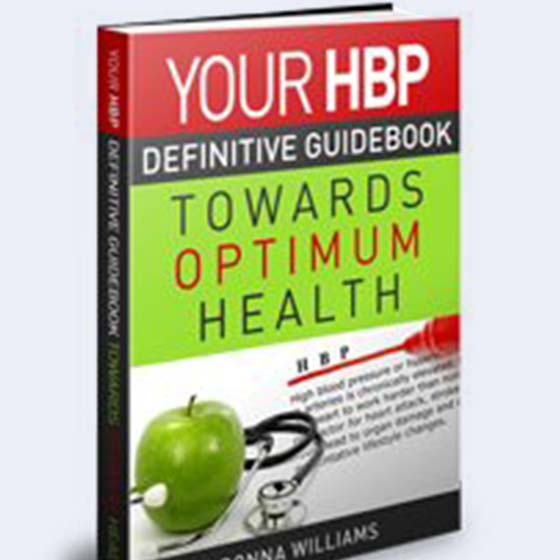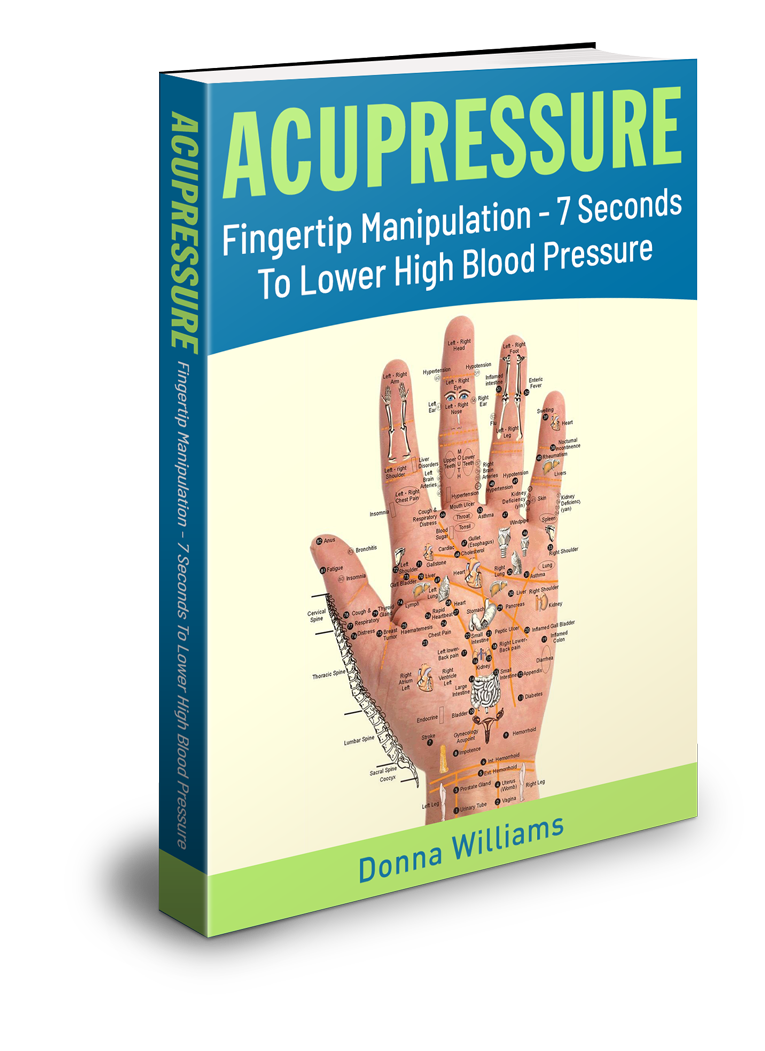Health is wealth, eat well to live well.
Join my community and receive my free ebook! Subscribe now >>
Is Aspirin And High Blood Pressure A Safe Combination?
Is the taking of aspirin and high blood pressure presents a really safe combination? Or is the inclusion part of your treatment to some other condition? Aspirin on its own is an excellent addition to your blood pressure treatment because it reduces the risk of a stroke by preventing blood platelets from forming a clot.
At the same time, it thins your blood and can cause bleeding.
The relationship between the use of aspirin and high blood pressure is because of its ability in lessening your risk of a heart attack or stroke due to blood clotting.
It is also used in anti-inflammation treatment if you are suffering from arthritis.
There are also other health issues that develop when you have high blood pressure that aspirin can be used for.
Still, aspirin is not for everyone, and it needs to be used appropriately and according to your doctor's directions only.
Fighting Atherosclerosis
As we age the plaque of atherosclerosis develops within the artery. The first step in fighting this development is to limit its progression.
This can be done with lifestyle changes through a focused nutritious diet that also have the arteries cleaning itself, quit smoking, regular exercise and controlling your blood pressure.
Taking an aspirin a day, remember it makes the blood clots less, do reduce your chances of a heart attack if you have coronary artery disease.
But it also works well even if you have not already developed coronary artery disease but are at significant cardiac risk factors.
How does aspirin help with high blood pressure?
The actual effectiveness of it in terms of high blood pressure is not as well known. However, because it can reduce the thickness of blood, it can work well to relieve some of the pressure that builds up in the arteries. Reducing that pressure is often necessary to avoid complex problems.
Still aspirin is one of the best medications available to reduce the risk of a heart attack or a stroke.
How Much Aspirin Should Be Taken?
As great a drug aspirin is, the American Heart Association recommends you should only take low dose aspirin, which is 81 milligrams daily.
Large doses used for pain relief or to control fever are not necessary. The smaller dose of 81 mg per day is usually enough to help prevent the formation of new blood clots for blood pressure sufferers by affecting platelet function.
Doctors often can raise this amount to 325 mg per day, as a maximum dose, if needed.
Aspirin And High Blood Pressure Side Effects
Although aspirin does have many benefits, there are also a few side effects that may occur. These include:
- Increased risk of bleeding since the blood is thinner
- Toxicity
- Stomach and intestinal irritation
Some people do have a bad reaction to aspirin, and if this is the case it should not be used as a treatment for high blood pressure. However, these reactions, which include vomiting and cramping, are rare.
Should You Be Taking Aspirin?
Aspirin has been a mainstay in home medicine cabinet, mine included, for years and used for many things. It has proven to be powerful in the treatment of cardiovascular disease.
When it comes to aspirin and high blood pressure, those who have had a history of heart attack, are over the age of 65, can benefit from its anticlotting effect in the blood.
Still be cautious in taking this drug on a regular basis because it can cause serious bleeding. Also, you should not take it if you have liver or kidney disease.
Your High Blood Pressure Medications And Their Side Effects
What high blood pressure medications are you taking and what are the side effects, if any? Also did any another type of disease develop because you are taking these medications?
Thanks.
Review On High Blood Pressure Medications And Side Effects
Click on links below to see reviews of high blood pressure medications. All written by other visitors to this page.
Use Of Aspirin In Healthy
Patients Without Risk Factors
Is Not Suitable. Not rated yet
Use of aspirin in healthy patients without risk factors is not suitable.
A recent study which was published in the "Archives of Internal Medicine", …
Return to "High Blood Pressure Medications" from "How Aspirin and High Blood Pressure"






New! Comments
Have your say about what you just read! Leave me a comment in the box below.